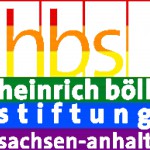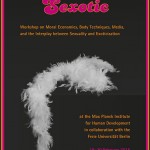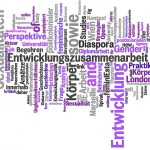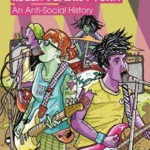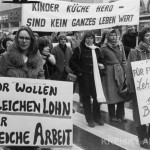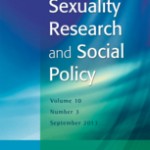 Sexuality Research and Social Policy (Web); Guest Editors: Patrick R. Grzanka, Univ. of Tennessee; Emily S. Mann, Univ. of South Carolina; and Sinikka Elliott, North Carolina State Univ. Editor-in-Chief: Jeffrey T. Parsons, CUNY Graduate Center
Sexuality Research and Social Policy (Web); Guest Editors: Patrick R. Grzanka, Univ. of Tennessee; Emily S. Mann, Univ. of South Carolina; and Sinikka Elliott, North Carolina State Univ. Editor-in-Chief: Jeffrey T. Parsons, CUNY Graduate Center
Proposals not later than: April 1, 2015
The politics of academic “buzzwords” are well documented by sociologists of science, who note that certain concepts become pervasive in scholarly discourse due to a number of contextual and social factors that may have little to do with the substance of the concept itself (Davis, 2008). “Neoliberalism” has experienced tremendous uptake across the humanities and social sciences since its initial articulation in a series of key publications by geographer David Harvey (2005), political theorist Lisa Duggan (2003), and sociologist Randy Martin (2002).
As it has traveled, neoliberalism has been elaborated as a form of political economy, cultural politics, policy-making, and aesthetics. Likewise, the impact of neoliberal social policies and ideologies have been studied for their domestic and global implications for virtually all elements of social life, from humor … read more (Web)

